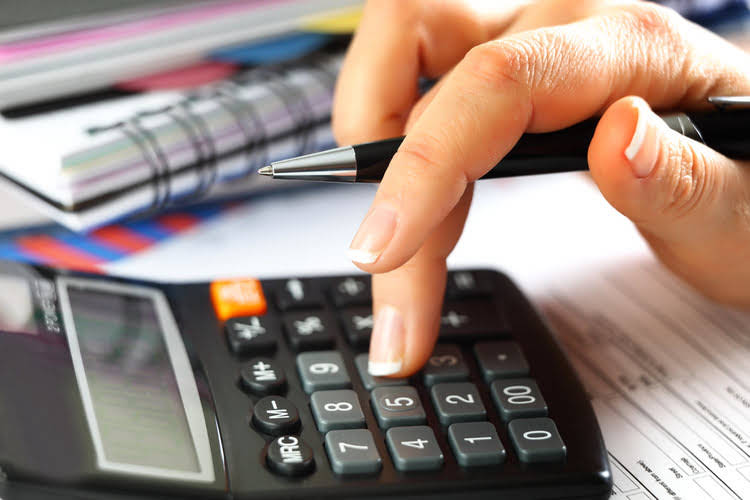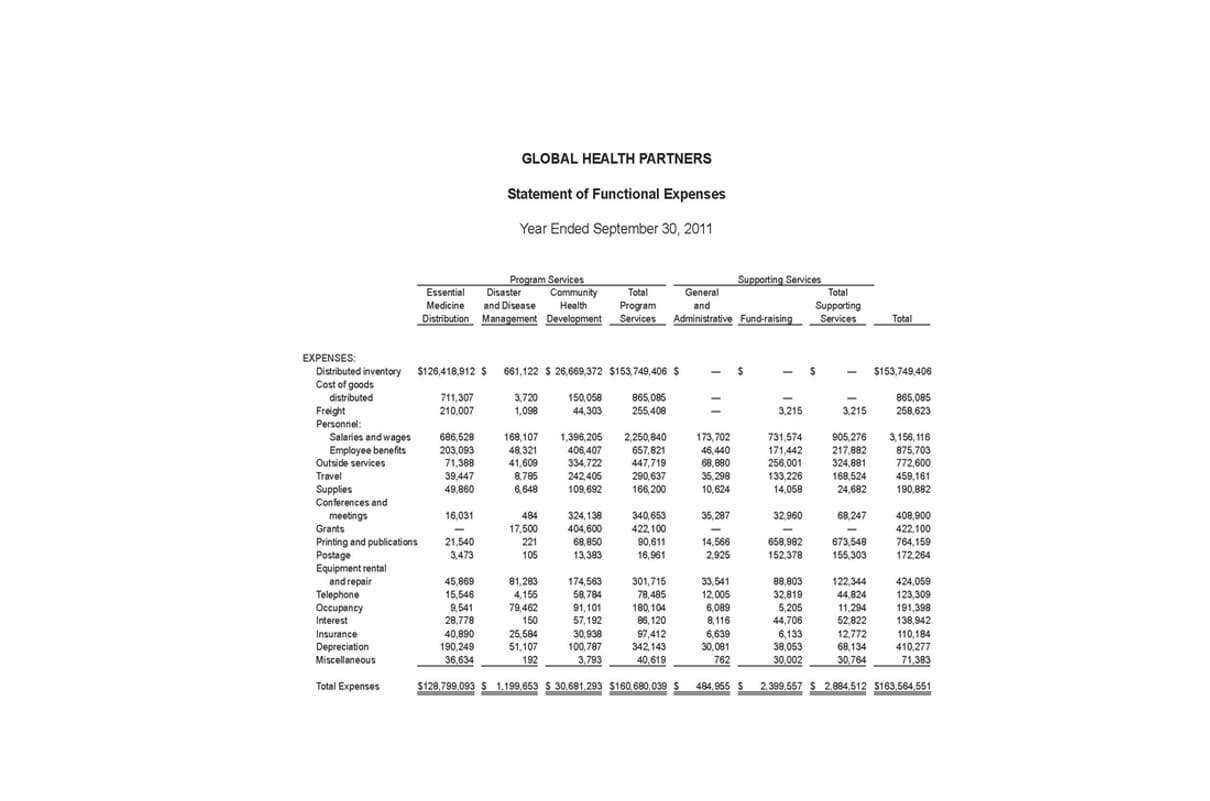
As a result, many businesses manage their records almost entirely electronically. Companies can safely discard most documents seven years after filing the related tax return—or seven Law Firm Accounts Receivable Management years after the due date, if later. In the digital world, recordkeeping is simpler—and takes a lot less physical space!
You’re our first priority.Every time.
Thankfully, most banks issue detailed online bank statements that make it easy for you to identify incoming and outgoing funds—which helps cut down on storage space and organizational headaches. Let’s take a deeper look at the different kinds of tax records and how long you should keep business records to ensure your company is protected in the event of an audit. There’s no need to keep piles of paper or shoeboxes of receipts lying around. You can use an electronic record-keeping system to keep things organized. Whatever record-keeping system you choose — electronic or not — it needs to clearly show your gross income as well as your deductions and credits.
- Nolan Accounting can help you ensure that you maintain proper business records, as per IRS requirements.
- Keeping track of your records means that you claim all expenses that you’re allowed — helping to reduce how much you have to pay at tax time.
- The Internal Revenue Service has established some basic record-keeping rules for tax documents.
- Correspondence and other documents relating to particular contracts should be retained for as long as the contracts remain in force and for seven years afterward.
- Good accounting records, combined with sound decision-making, can propel an efficient business to a higher level of profitability.
- Other documents are required to be retained for tax and compliance reasons.
Financial Documents: What To Save And What You Can Throw Away
- Due to their nature, there are some financial experts that recommend these records be kept permanently.
- As a business owner, you likely have various documents in storage, such as tax returns, personnel records, and bank statements.
- These are generally public records unless the judge allows a gag order to protect witness identities or proprietary information.
- Depending on the nature of your business, it may also be wise to retain insurance policies permanently since claims can occasionally arise from acts that occurred many years in the past.
- If you decide not to file a return, you must keep your records indefinitely.
Because the burden of proof is on you to back up every item on your tax return with documentation, the best approach to recordkeeping for small businesses is to try to keep as many records as you can. Many banks and credit card issuers offer electronic statements now, so you may not need to keep paper copies on hand, which will cut down on ledger account excess clutter. If keeping other documents around longer term makes you anxious, you can opt to scan them to create electronic copies and then dispose of the original paper documents. They’re a documented history of your company’s activities including financial statements, legal contracts, customer data, inventory logs, and human resources files.
What happens if my business tax records are destroyed in a disaster?

If you didn’t report income when you should have, you’ll want to hold onto your records for six years. The IRS rule says that if the income you omitted is 25% or more of the gross income shown on your return, you’ll need to keep your tax returns and records for six years. The IRS, other taxing authorities, creditors, and investors all might demand to see a business’s tax records.

How to Dispose of Old Financial Documents

Your accountant or tax advisor may have different recommendations for your situation. We recommend scanning every record and receipt in your business, tagging it with a descriptive name, and archiving it forever. Get free guides, articles, tools and calculators to help you navigate the financial side of your business with ease. The magic happens when our intuitive software and real, human support come together. Book a demo today to see what running your business is like with Bench. Our how long do you have to keep business records intuitive software automates the busywork with powerful tools and features designed to help you simplify your financial management and make informed business decisions.
